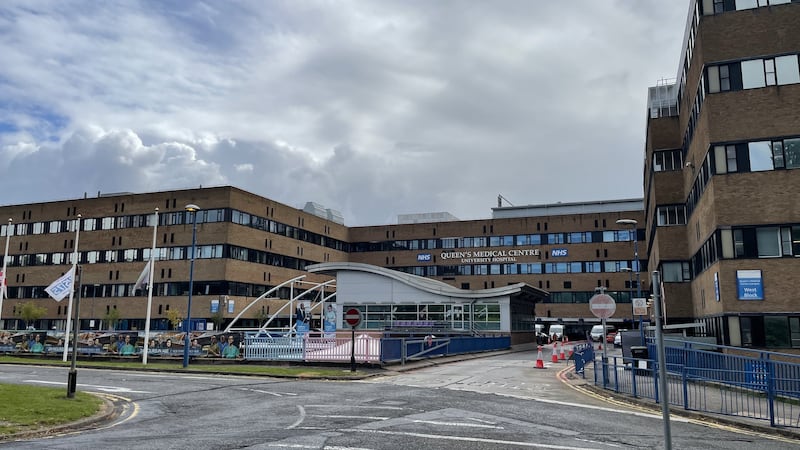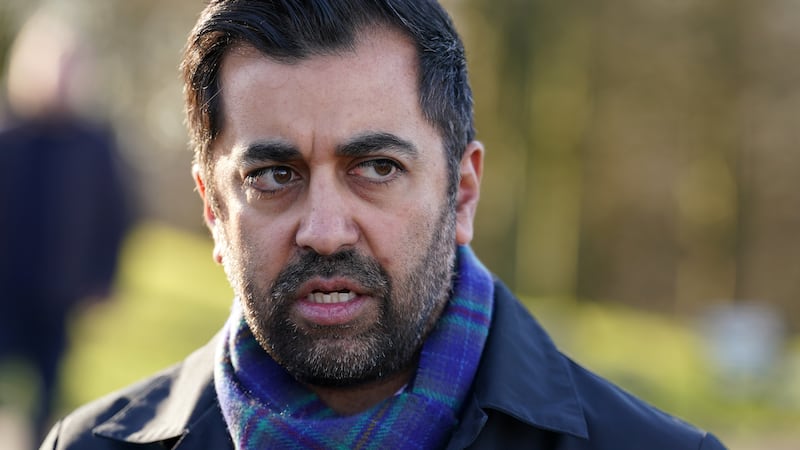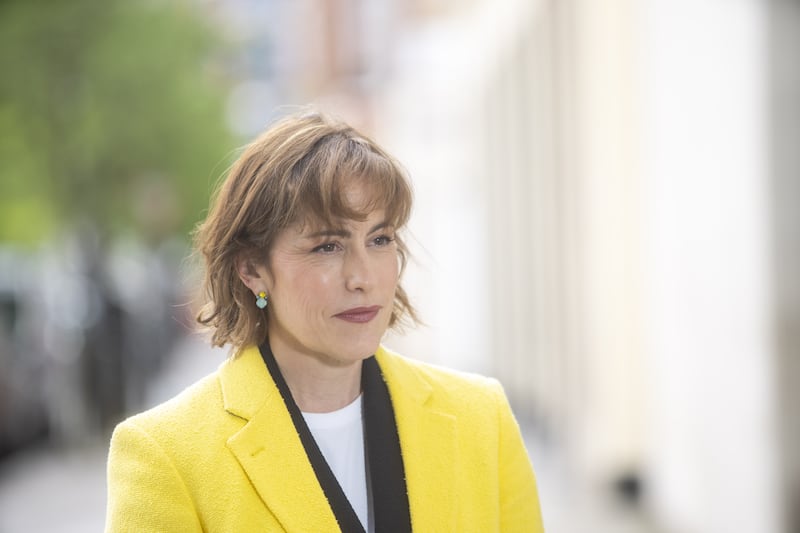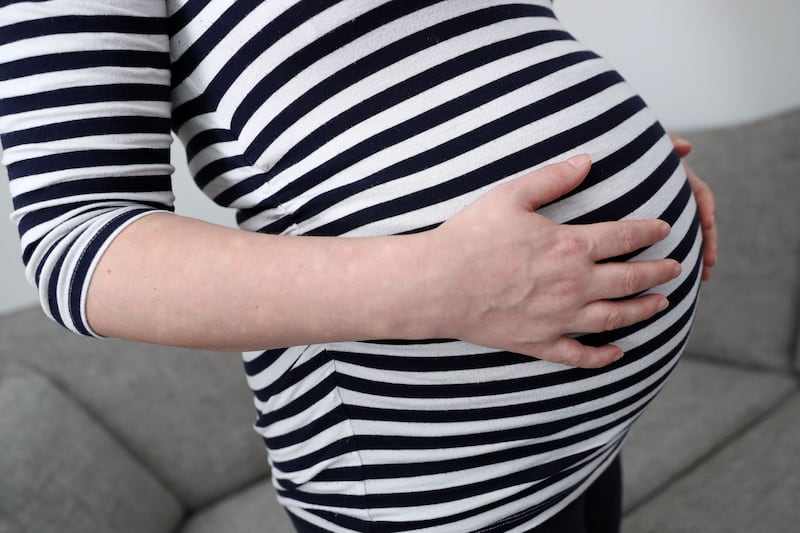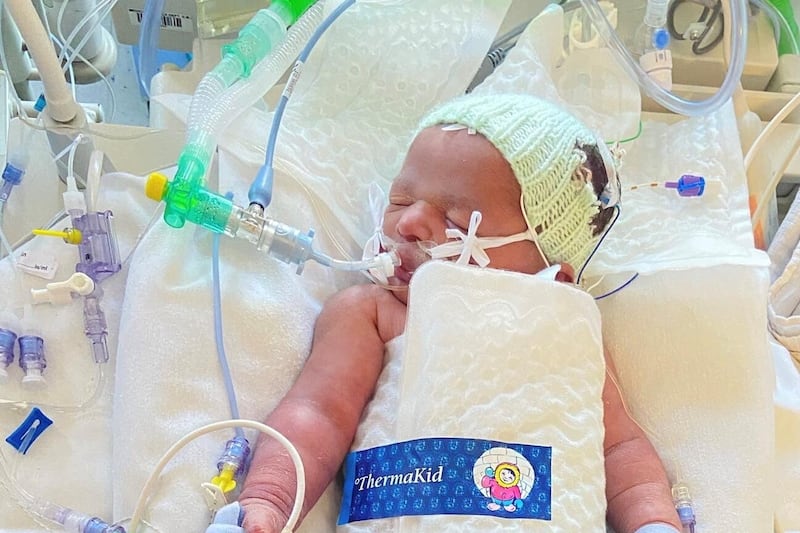Maternity services at an under-review NHS trust are no longer deemed inadequate after an inspection by the Care Quality Commission (CQC).
The watchdog upgraded its rating of overall maternity care and the safety of care given to mothers and babies at two hospitals run by the Nottingham University Hospitals NHS Trust (NUHT) from inadequate to requires improvement.
The two sites – the Queen’s Medical Centre (QMC) and Nottingham City Hospital (NCH) – are now rated overall as requiring improvement and good respectively, with NCH’s rating increasing, and while the trust itself remains as requiring improvement, improvements were seen in how well it was led.
But in a report released on Wednesday, the CQC stated that there were not enough substantive staff to keep patients safe and that some staff did not always follow best practices to protect women from infection.
It comes as an ongoing independent review into maternity care at the trust continues, with Nottinghamshire Police and the CQC also investigating potential criminal failings over harm caused to babies and mothers.
Greg Rielly, CQC deputy director of operations in the Midlands, said: “At both maternity services, we saw an improvement in the level of care being provided to people and their babies since we last rated both services as inadequate.
“It is positive to see that the trust is now on an improvement journey to bring about better and safer care.
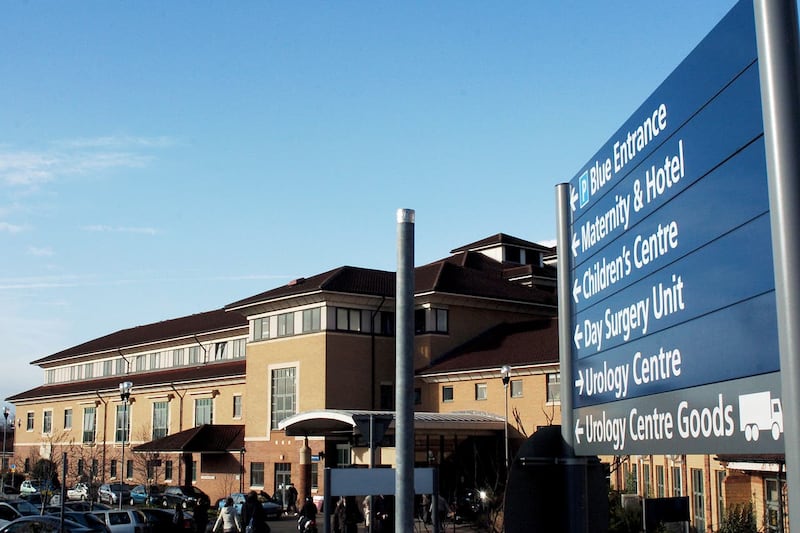
“Staff in both maternity services were kind and understood the personal, cultural, religious, and social needs of each person and showed understanding and a non-judgmental attitude when caring for or discussing people with mental health needs.
“At our last well-led inspection, we had concerns around the values and behaviours of some members of the executive team and the negative impact this had on the wider trust.
“During this inspection, we saw a team that consistently led with integrity who were open and honest in their approach.
“The executive team’s actions matched their words and owned up to their mistakes rather than blaming their team or making excuses.
“However, while the culture across the trust was improving and encouraged openness and honesty at all levels within the organisation, some staff still didn’t always feel able to raise concerns without fear of retribution.”
The CQC carried out an unannounced inspection of maternity services at QMC and NCH on April 25 and 26 and completed a well-led inspection of NUHT on June 6 and 7.
It noted an “improving culture of high-quality, sustainable care”, with women at NCH describing their experience as “overwhelmingly positive” and one patient at QMC describing her care as “faultless”.
The watchdog also said it was “easy” for patients to give feedback and raise concerns over care received, and that women were involved in investigations into those concerns.
It was also observed that 90% of pregnant women were triaged within 15 minutes.
But the CQC said that the trust must take action to bring its services in line with four legal requirements, including improving the storage of breast milk and medicines.
There were also concerns over the completion of risk assessments for mothers, babies and staff.

The report said: “The maternity service did not have enough substantive staff to care for women and keep them safe; however, this had improved since our last inspection.
“Not all staff had training in key skills. Staff did not always assess all risks to women, and we were not assured staff acted upon concerns in a timely way.
“Staff did not always follow best practice to protect women, themselves, and others from infection. They did not manage medicines well.”
Maternity care across NUHT is currently the subject of an independent review, led by Donna Ockenden, which is set to become the biggest maternity investigation in NHS history.
It is believed that around 1,800 families will be involved, with around 700 staff coming forward to raise concerns.
Meanwhile, Nottinghamshire Police announced on Thursday that it was preparing to investigate possible criminal failings at the trust, while the CQC said on Monday that it was investigating potential criminality in three serious incidents dating back to 2021.
Anthony May, chief executive of NUHT, said he was “grateful” to the CQC for raising areas where the trust could improve, with action plans to be developed to address the issues.
He said: “We are pleased that the CQC has recognised the improvements that colleagues at NUHT have worked hard to deliver, both in terms of our maternity services and in the leadership and culture of the organisation.
“I want to thank our teams who work tirelessly to make our hospitals a better place and take pride in delivering the best possible care for patients.
“Most importantly, I hope the report provides confidence to local mothers and families who choose to give birth under our care, and that anyone who has had a poor experience can see the positive changes we are making, as well as listening to feedback and embedding improvements.
“I am clear though that further improvements are vital, and in some areas, we need to do more to rebuild trust within our community.
“We are committed to fostering a culture where our colleagues can continue to improve services and deliver the care we all aspire to.”
